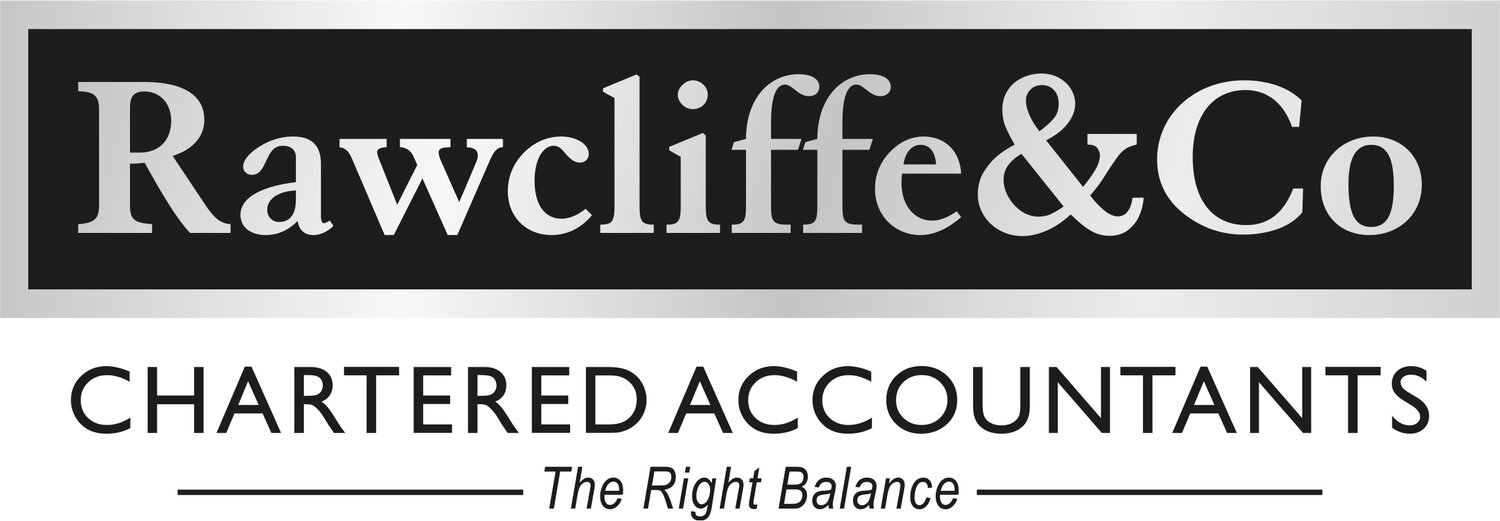Should Employees Reimburse Their Employer for Private Fuel?
Where the employer provides an employee with a company car there may be an additional benefit in kind on the provision of fuel for private journeys which needs to be reported on form P11d.
This additional benefit is based on a notional list price for the vehicle of £25,300 for 2022/23 which applies irrespective of the original list price of the vehicle normally used to compute the taxable benefit. That figure is then multiplied by the CO2/km percentage for that vehicle.
For example, the Range Rover Evoke S AWD Automatic MHEV has a current list price of £41,245. The CO2 emissions data on the Landrover website is 168g/km for this vehicle, which means that the fuel benefit is 37% multiplied by £25,300 = £9,361.
For a higher rate taxpayer that would result in a tax liability of £3,744. That would be an awful lot of fuel!
In addition, the employer would have a Class 1A national insurance liability of £1,360 (14.53% for 2022/23).
Provided private fuel is fully reimbursed, the fuel benefit does not apply. This is an all or nothing benefit and unless there is full reimbursement there is an additional taxable benefit. The deadline for reimbursing private fuel is 6 July 2023 for the 2022/23 tax year.

